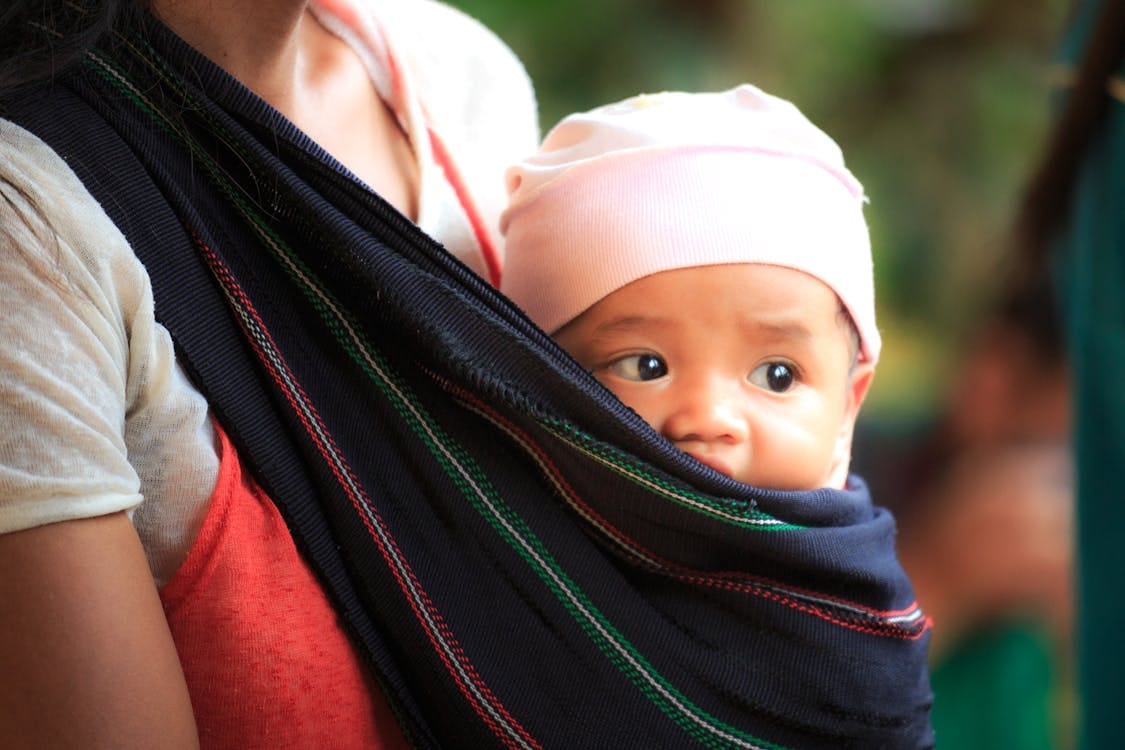I just got back from the Commission on the Status of Women at the United Nations. The theme of the Commission this year was ending poverty. I spent a week listening to an endless parade of events focused almost exclusively on ending poverty by eliminating “unpaid care work.”
What is “unpaid care work,” you might ask? It is the work done in the home without specific monetary payment. Most people would call that kind of work simply being alive. It could also be called running your own castle.
But the forces that converged at the United Nations this spring called it an atrocity. To be an “unpaid care worker”—especially if you’re a woman—is seen as an afront to human decency. And because on average women worldwide do more labor in the home than men, people in UN circles call this “gender inequality,” “gender injustice,” and even “gender-based violence.” I’m not kidding. I heard these phrases repeated time after time in events sponsored by countries and organizations the world over. While there is such a thing as genuine gender-based violence, vacuuming the floor for free isn’t it.
Freeing Women from Their Children Will Make Everyone Rich and Happy
So, how do we solve the grave and unjust gender-inequalities supposedly manifested by women mopping more floors or changing more diapers than men? I saw only one solution proposed by UN partners over and over again: Provide state-funded universal daycare for all families. That way, they say, the world can unite behind women and propel them out of the home and into the workforce where they can enjoy true freedom and engage in “socially productive work.”
This, by the way, is exactly what Karl Marx and Friedrich Engels—the fathers of modern socialism—proposed. They said that in a socialist society, “the care and education of the children becomes a public affair” and that “society looks after all children alike.” They explained that “The first condition for the liberation of the wife is to bring the whole female sex back into public industry” and that “this in turn demands that the characteristic of the monogamous family as the economic unit of society be abolished.”
With women freed from the oppression of slaving away as unpaid care workers in their own families, the claim from Marx and Engels and from their disciples at the UN today is that the GDP will soar, women will be empowered, everybody will be rich, and everybody will be happy.
UN activists said that with all women in the work force, a mother’s labor would cease to be “invisible” in the economy. And they don’t usually say this part out loud, but it also makes women’s labor taxable.
Eliminating unpaid care work would also “create jobs,” so they say. So instead of mothers taking care of their young children themselves, jobs would be created because mothers (and their fellow taxpayers) would pay someone else to take care of their children, while they get paid to take care of someone else’s children or do some other kind of paid labor. It seems like the “job creation” and the money that is supposed to flow from it would initiate a giant, self-negating black hole in the economy. But what do I know; I’m just an unpaid care worker.
Creating a Giant Void in the Lives of Children is No Big Deal
But perhaps a bigger black hole would be the giant void left in the lives of children. Can the care and nurture that mothers provide be eliminated without consequence? Does it matter who feeds, clothes, reads to, and takes care of young, developing humans? Can caretaking and nurturing tasks really be assigned to just anyone? And will they be done better if the person doing them is paid rather than being a mother?
It is often in the process of consistent caring and interacting (engaging in unpaid care work) that love grows. It is also largely through daily caring and interacting that core values and beliefs are transmitted and taught.
And perhaps now we’re getting to the real crux of the issue. As parents, and specifically mothers, consistently care for their children, those children come to understand that they are loved. They also tend to absorb what they are taught day by day, moment by moment by their mothers. In this way, mothers pass on generational wisdom and establish the foundational beliefs and values of societies one child at a time. So, if mothers aren’t available to do this, who will?
UN entities have already revealed the answer: The state. When universal daycare paid for by the government is in place, the government will manage and mandate what the children of the world are taught day by day and moment by moment.
I wonder if the state will be as kind, as loving, as moral, as reliable, and as good at mothering as mothers are.





Thank you for another informative article. This one is extremely necessary and needed.
It is also frightening. Some have said for years that America should get out of the UN.
Here is an excellent reason to do so.
Love, Indio